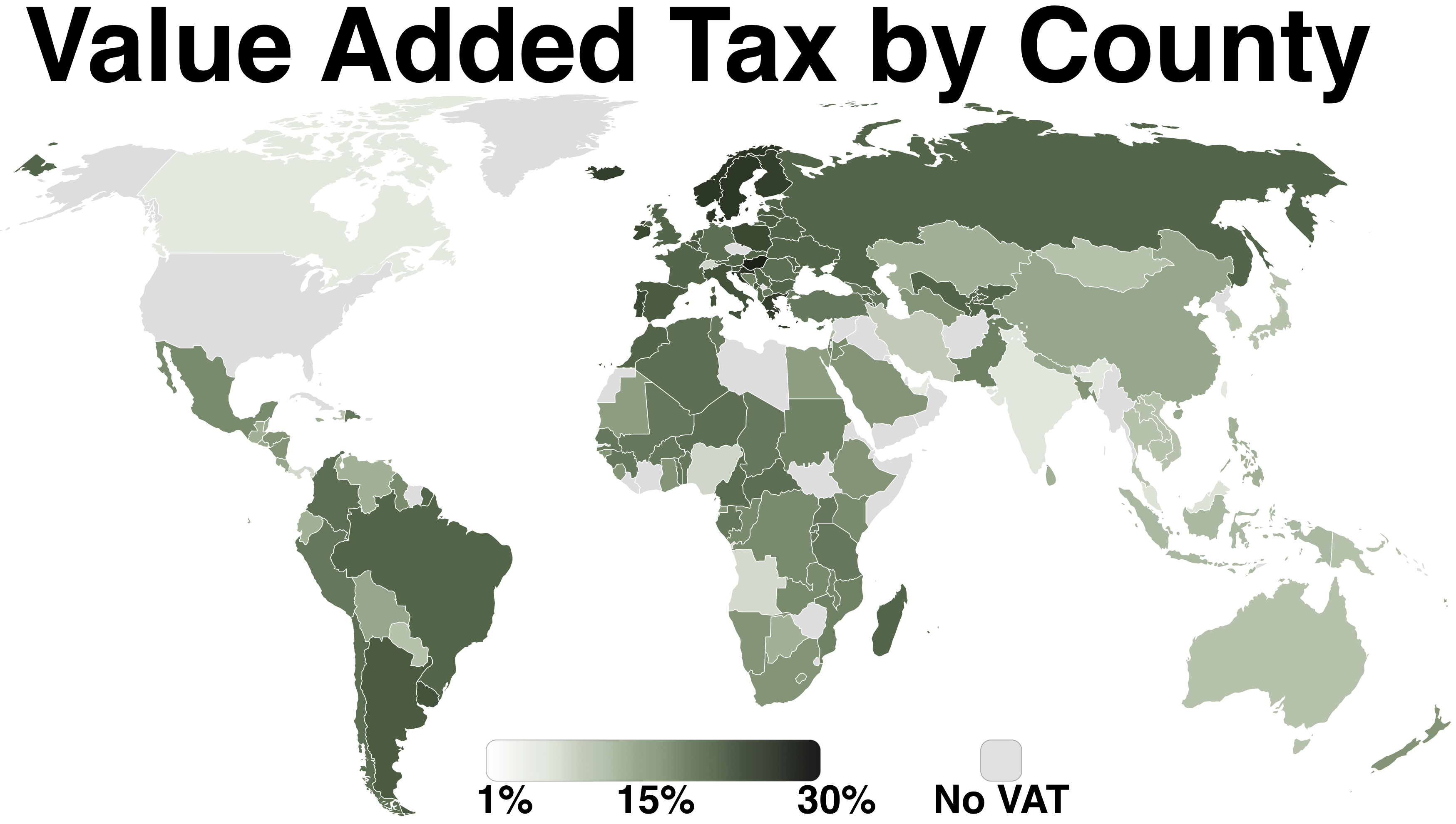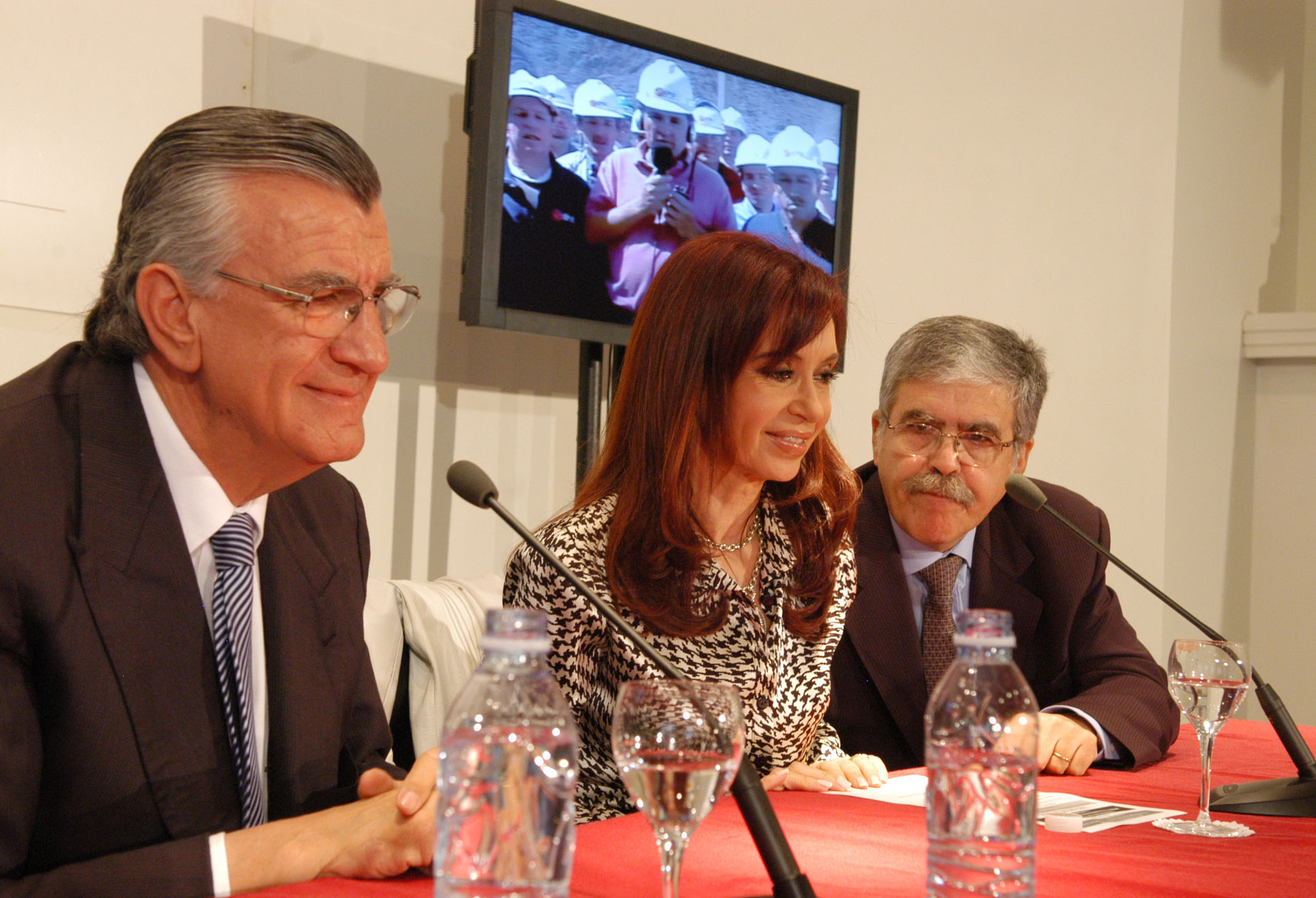|
José Manuel De La Sota
José Manuel de la Sota (28 November 1949 – 15 September 2018) was an Argentine politician who was a member of Justicialist Party. He was the governor of Córdoba Province from 1999 until 2007, and was reelected to the post for the 2011–15 term. Early life and career Born in Córdoba, de la Sota studied law at the National University of Córdoba and married Silvia Zanichelli, the daughter of former Governor , in 1972. He was designated Legislative Secretary to Córdoba Councilman Miguel Flores, a left-wing Peronist, in 1973, and Chief of Staff to Mayor José Domingo Coronel, a right-wing Peronist, in 1975; the March 1976 coup, however, cut his political career short. The return of democracy in 1983 led de la Sota to run in the Justicialist Party (Peronist) primaries for governor. Coming in second, he ran for Mayor of Córdoba, but was amply defeated by UCR candidate Ramón Mestre. He was, despite a continued poor showing by the Peronists in the province, one of four c ... [...More Info...] [...Related Items...] OR: [Wikipedia] [Google] [Baidu] |
Governor Of Córdoba (Argentine Province)
Governor of Córdoba may refer to *Governor of Córdoba, Argentina *Governor of Córdoba (Colombian department) The governor of the Department of Córdoba heads the executive branch of the government of the Córdoba Department in Colombia. The governor is the highest-ranking official in the department and is elected by popular vote. The current governor is ... ** List of Governors of Córdoba (Colombian department) {{disambiguation ... [...More Info...] [...Related Items...] OR: [Wikipedia] [Google] [Baidu] |
Radical Civic Union
The Radical Civic Union ( es, Unión Cívica Radical, UCR) is a centrist and social-liberal political party in Argentina. It has been ideologically heterogeneous, ranging from social liberalism to social democracy. The UCR is a member of the Socialist International. Founded in 1891 by radical liberals, it is the oldest political party active in Argentina after the Liberal Party of Corrientes. For many years, the party was either in opposition to Peronist governments or illegal during military rule. The UCR's main support comes from the middle class. The party has stood for free elections, secularism, supremacy of civilians over the military, and liberal democratic values. Especially during the 1970s and 1980s, it was perceived as a strong advocate for human rights. It had different conformations and fractures and through them it ruled the country seven times with the presidencies of Hipólito Yrigoyen (1916–1922) and (1928–1930), Marcelo Torcuato de Alvear (1922–1928 ... [...More Info...] [...Related Items...] OR: [Wikipedia] [Google] [Baidu] |
Evita Fine Arts Museum
The Evita Fine Arts Museum (''Museo Superior de Bellas Artes Evita'') is an art museum in Córdoba, Argentina. Overview The museum is housed in the Ferreyra Palace, a Beaux-Arts mansion designed by French architect Ernest Sanson and built between 1912 and 1916 for Dr. Martín Ferreyra, a prominent local physician and surgeon, as well the owner of limestone quarries and the then-biggest lime factory in Argentina (located at Malagueño, 15 miles to the west of Córdoba). Ferreyra chose the location as a result of the development of the adjacent Sarmiento Park, a 17 hectare (43 acre) space created along what was then Córdoba's eastern edge (New Córdoba) and inaugurated in 1911. Subsequent generations added to the palace's interiors, notably the Imperial Bedroom (''Dormitorio Imperio''), so named because the furniture was copied by famed cabinetmaker Krieger of Paris, from those used by Napoleon Bonaparte. The mansion was expropriated by the Córdoba Governor José Manuel de la Sot ... [...More Info...] [...Related Items...] OR: [Wikipedia] [Google] [Baidu] |
Luis Juez
Luis Alberto Juez (born 13 September 1963) is an Argentine politician who served as Mayor of the City of Córdoba and was later elected to the Senate. Since 2019 he has been a National Deputy. Life and times Early life and career Luis Juez was born in Córdoba, Argentina, to Adela Losada, the daughter of Spanish Argentine immigrants from A Coruña, and Gabriel Juez, the son of Arab Argentine immigrants from Syria. Encouraged by his father, a former Army officer, Juez studied at the General Paz Military Lyceum, though he ultimately opted against a military career, and enrolled at the National University of Córdoba. Juez, whose father had been jailed by the dictatorship that overthrew President Juan Perón in 1955, was active in the Peronist Youth, earning a '' juris doctor'' in 1985. He married the former Victoria Corte in 1992, and they had four children. He was appointed to the Provincial Legislature in 1994 to fill a vacancy, and in 1995, was elected on a party list h ... [...More Info...] [...Related Items...] OR: [Wikipedia] [Google] [Baidu] |
National Sales Tax
A sales tax is a tax paid to a governing body for the sales of certain goods and services. Usually laws allow the seller to collect funds for the tax from the consumer at the point of purchase. When a tax on goods or services is paid to a governing body directly by a consumer, it is usually called a use tax. Often laws provide for the exemption of certain goods or services from sales and use tax, such as food, education, and medicines. A value-added tax (VAT) collected on goods and services is related to a sales tax. See Comparison with sales tax for key differences. Types Conventional or retail sales tax is levied on the sale of a good to its final end-user and is charged every time that item is sold retail. Sales to businesses that later resell the goods are not charged the tax. A purchaser who is not an end-user is usually issued a "resale certificate" by the taxing authority and required to provide the certificate (or its ID number) to a seller at the point of purchase, al ... [...More Info...] [...Related Items...] OR: [Wikipedia] [Google] [Baidu] |
Value Added Tax
A value-added tax (VAT), known in some countries as a goods and services tax (GST), is a type of tax that is assessed incrementally. It is levied on the price of a product or service at each stage of production, distribution, or sale to the end consumer. If the ultimate consumer is a business that collects and pays to the government VAT on its products or services, it can reclaim the tax paid. It is similar to, and is often compared with, a sales tax. VAT is an indirect tax because the person who ultimately bears the burden of the tax is not necessarily the same person as the one who pays the tax to the tax authorities. Not all localities require VAT to be charged, and exports are often exempt. VAT is usually implemented as a destination-based tax, where the tax rate is based on the location of the consumer and applied to the sales price. The terms VAT, GST, and the more general consumption tax are sometimes used interchangeably. VAT raises about a fifth of total tax revenues bo ... [...More Info...] [...Related Items...] OR: [Wikipedia] [Google] [Baidu] |
Fiscally Conservative
Fiscal conservatism is a political and economic philosophy regarding fiscal policy and fiscal responsibility with an ideological basis in capitalism, individualism, limited government, and ''laissez-faire'' economics.M. O. Dickerson et al., ''An Introduction to Government and Politics: A Conceptual Approach'' (2009) p. 129. Fiscal conservatives advocate tax cuts, reduced government spending, free markets, deregulation, privatization, free trade, and minimal government debt. Fiscal conservatism follows the same philosophical outlook of classical liberalism. This concept is derived from economic liberalism and can also be referred to as fiscal liberalism outside the United States. The term has its origins in the era of the American New Deal during the 1930s as a result of the policies initiated by modern liberals, when many classical liberals started calling themselves conservatives as they did not wish to be identified with what was passing for liberalism in the United States. In ... [...More Info...] [...Related Items...] OR: [Wikipedia] [Google] [Baidu] |
1994 Amendment Of The Argentine Constitution
The 1994 amendment to the Constitution of Argentina was approved on 22 August 1994 by a Constitutional Assembly that met in the twin cities of Santa Fe and Paraná. The calling for elections for the Constitutional Convention and the main issues to be decided were agreed in 1993 between President Carlos Menem, and former president and leader of the opposition, Raúl Alfonsín. Constitutional Assembly election On April 10, 1994 the conventional constituent elections were held. The Justicialist Party led by President Menem won the elections with 38.50% of the votes. Radical Civic Union came second with a scant 19.74%, while two newly born forces each obtained 13%: the progressive peronist Broad Front, led by Carlos Álvarez, and the rightist Movement for Dignity and Independence, led by the carapintada military man Aldo Rico. Out of a total of 305 constituents, the Justicialist Party obtained 137 representatives, Radical Civic Union 74, Broad Front 31, Movement for Dignity an ... [...More Info...] [...Related Items...] OR: [Wikipedia] [Google] [Baidu] |
Carlos Menem
Carlos Saúl Menem (2 July 1930 – 14 February 2021) was an Argentine lawyer and politician who served as the President of Argentina from 1989 to 1999. Ideologically, he identified as a Peronist and supported economically liberal policies. He led Argentina as president during the 1990s and implemented a free market liberalization. He served as President of the Justicialist Party for thirteen years (from 1990 to 2001 and again from 2001 to 2003), and his political approach became known as Federal Peronism. Born in Anillaco to a Syrian family, Menem was raised as a Muslim,"Carlos Menem" ''Encyclopædia Britannica'' but later converted to to pursue a political career. Menem b ... [...More Info...] [...Related Items...] OR: [Wikipedia] [Google] [Baidu] |
1991 Argentine Legislative Election
The Argentine legislative elections of 1991 were held on four dates, 11 August, 8 September, 27 October and 1 December, though most polls took place on 8 September. Voters chose their legislators and governors and, with a turnout of 80%. Background Amid sudden hyperinflation and riots, Governor Carlos Menem exhorted voters in May 1989 that ''"following me will not disappoint you!"'' Elected in a landslide, his administration had a rocky start marked by an early stabilization plan that had failed by December and a series of corruption scandals surrounding his freewheeling in-laws. After a tentative stability had been achieved by the end of 1990, a new currency crisis in January 1991 led President Menem to transfer his Foreign Minister, Domingo Cavallo, to the Economics Ministry. Cavallo, an unorthodox economist remembered for having rescinded the Central Bank's hated Circular 1050 and its crushing interest rate surcharges during a stint as Central Bank President in 1982, was entr ... [...More Info...] [...Related Items...] OR: [Wikipedia] [Google] [Baidu] |
San Juan Province (Argentina)
San Juan Province () is a province of Argentina, located in the western part of the country. Neighbouring provinces are, moving clockwise from the north, La Rioja, San Luis and Mendoza. It borders with Chile to the west. The province has an area of 89,651 km2, covering a mountainous region with scarce vegetation, fertile oases and turbulent rivers. Throughout the entire province there are an important number of paleontological sites. Similar to other regions in Argentina, agriculture is one of the most important economic activities, highlighting wine production and olive oil. Additionally, a variety of fruits and vegetables are produced in the fertile valleys irrigated by artificial channels in the western part, close to the Andes mountain range. This is the second province in volume of wine production at the national level and in South America, and possesses outstanding varietal wines. It is also an important center of mining and oil production. History Before the a ... [...More Info...] [...Related Items...] OR: [Wikipedia] [Google] [Baidu] |






